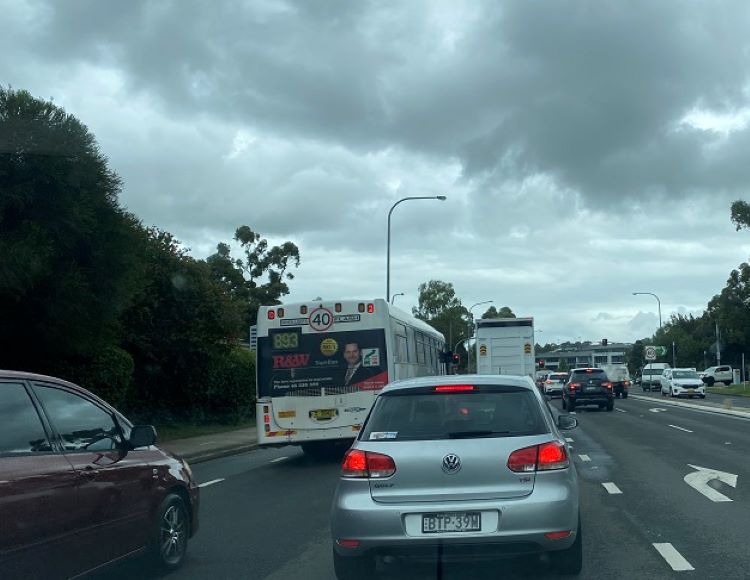
Over the next four years, Australian Automobile Association will test the real world fuel usage of a range of popular cars, SUVs and utes sold in Australia.
The first vehicles will be tested from early next year.
The program will be funded to the tune of $14m by the Albanese Government’s as part of their Powering Australia Plan.
Aim of the program is to give Australians better information on how much fuel they can expect a vehicle to use on the road, providing a clearer picture of how much it will cost to run.
A pilot study by the Australian Automobile Association found that 29 of 30 popular car models used more fuel than they advertised when tested in the real world, outside of laboratory settings.
Where information about real world fuel use is inaccurate, it could potentially lock in hundreds of dollars of unexpected costs to the household budget annually.
Consumers and businesses deserve accurate information about investments as significant as vehicles.
The program will complement the Green Vehicle Guide (GVG) website, which uses laboratory test data to help consumers compare the relative fuel efficiency of light vehicles sold in Australia.
The GVG, which was revamped earlier this year, provides a wide range of data and tools to give car buyers adequate information to make greener choices.
The government is also canvassing views on how to secure better supply of affordable low and zero emission vehicles for Australians as part of consultation on its National Electric Vehicle Strategy.
“More fuel-efficient vehicles are not only better for the environment, but better for the back pocket at the bowser,’’ says transport, regional development and local government minister Catherine King.
“This forms part of our government’s commitment to making it easier than ever for Australians to understand and quickly compare the fuel efficiency, running costs and environmental performance of new and used vehicles – allowing them to make informed choices on which vehicle is right for them.
“Our $14 million investment for on-road testing will help improve the information available on how much fuel different vehicles use on the road, which will also give consumers a better idea of how much it will cost o run,” Ms King said.
Climate change and energy minister Chris Bowen says buying and running a car is a large cost for families and businesses and is a big contributor to household energy bills.
“Consumers deserve accurate information about their running costs, so they aren’t hit in the hip-pocket,’’ he said.
“This overdue initiative will help drive fuel savings through informed consumer choice and help ensure emissions footprint claims by carmakers are accurate.”



